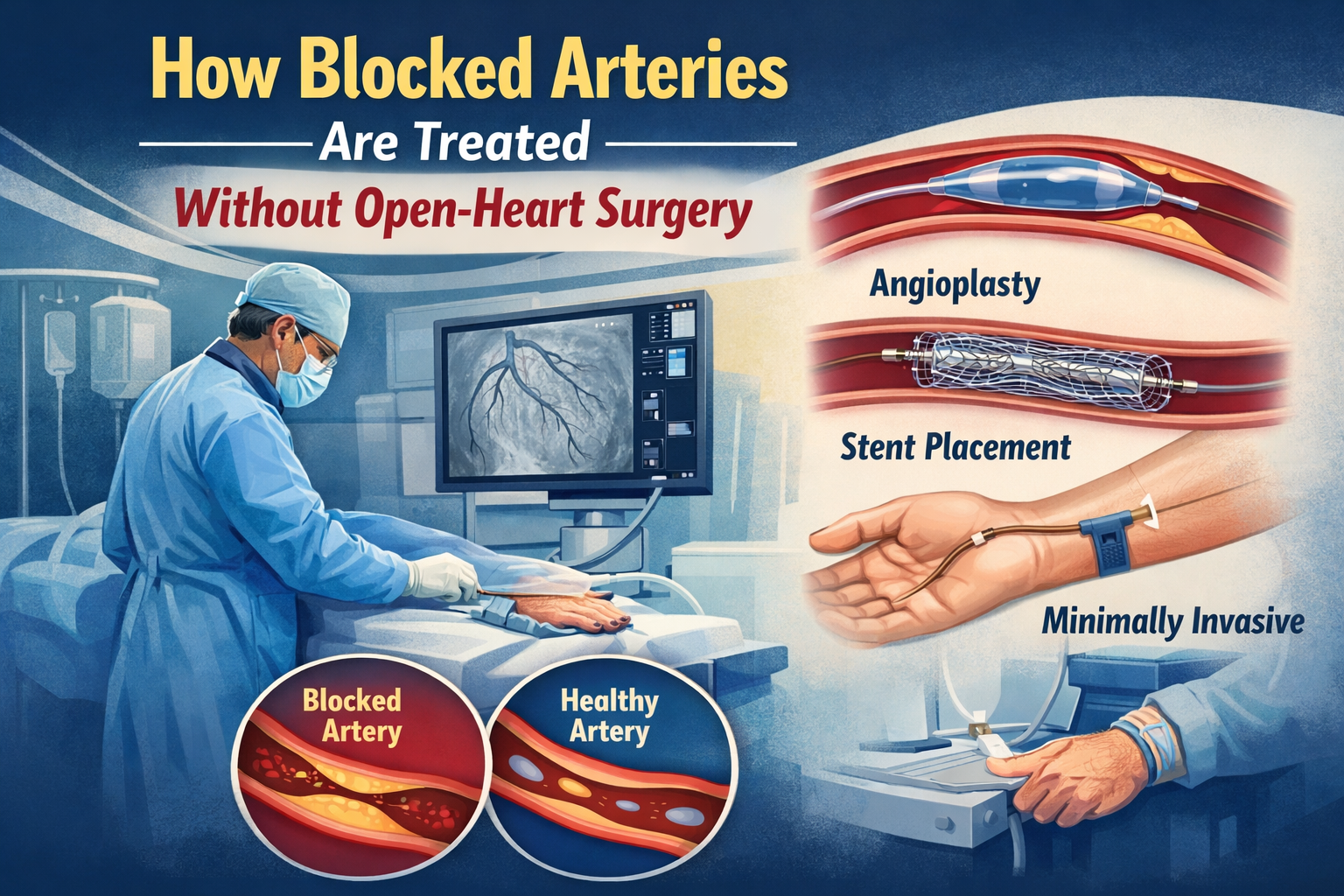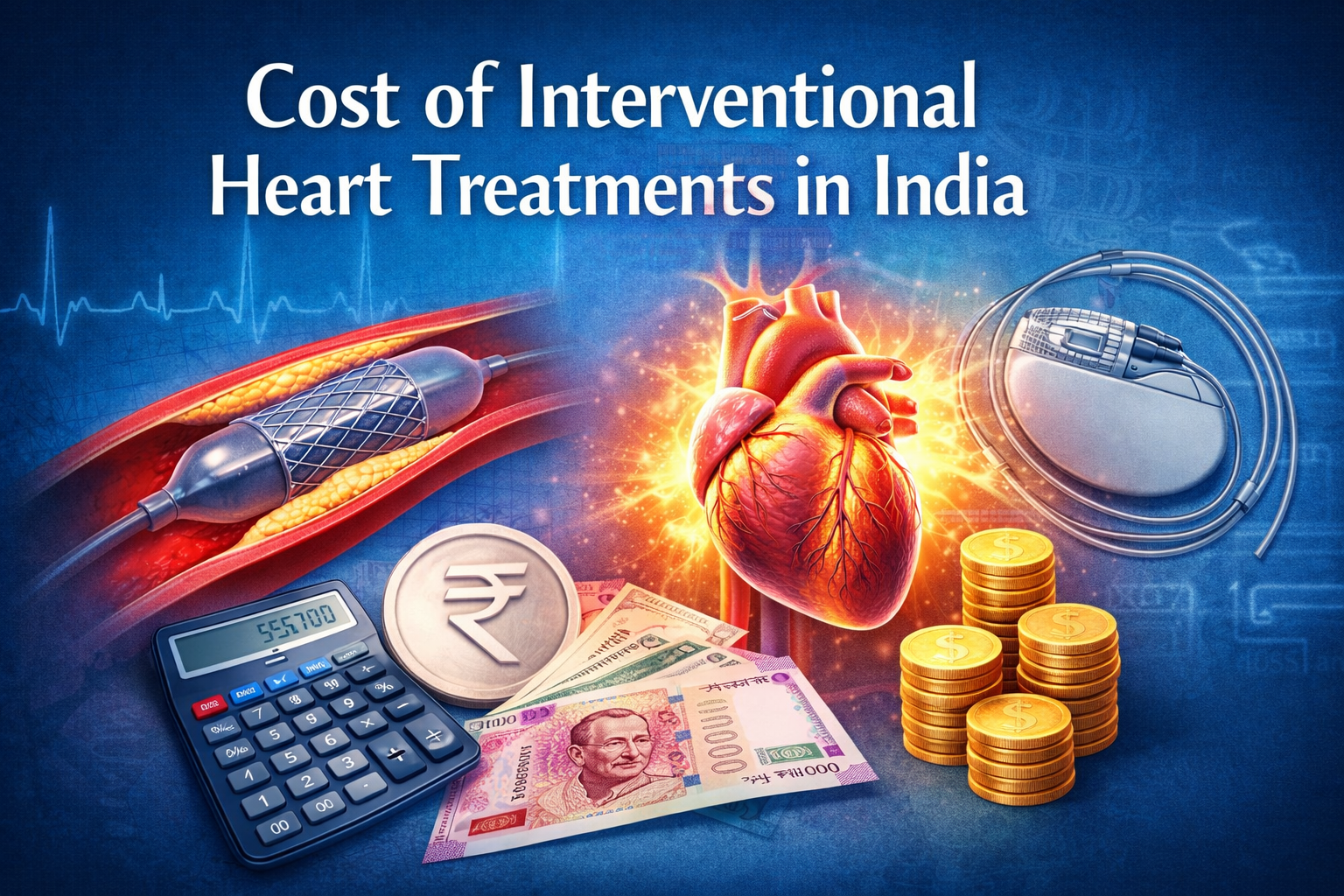
Turning 40 is a milestone that brings with it new responsibilities—not just in life, but also for your health. Among all the organs in your body, your heart needs the most attention at this stage. Cardiovascular diseases often develop silently over years, and by the time symptoms appear, significant damage might already have occurred.
The good news is that adopting the right lifestyle habits and consulting a skilled cardiologist can keep your heart healthy for years to come. Below are detailed, expert-backed tips to maintain optimal heart health after 40.
As we age, several factors increase the strain on our cardiovascular system:
Taking proactive steps early can prevent serious conditions like heart attacks, strokes, and heart failure.
After 40, regular cardiovascular screenings are non-negotiable. Essential tests include:
Preventive check-ups can help diagnose problems before they become life-threatening.
Your diet directly impacts your heart health. Focus on:
The key is balance—a diet that provides all nutrients while minimizing processed foods.
Sedentary lifestyles are one of the leading causes of heart problems. Adults above 40 should:
Exercise improves blood circulation, controls weight, and strengthens the heart muscle.
Being overweight, especially with fat around the waistline, significantly increases the risk of hypertension, diabetes, and heart disease. Aim for:
A combination of healthy eating and exercise works best for maintaining ideal body weight.
Smoking damages blood vessels and reduces oxygen levels in the blood, increasing heart strain. Quitting smoking provides immediate benefits:
Alcohol should be consumed in moderation—no more than one drink per day for women and two for men.
Adults require 7–8 hours of quality sleep every night. Poor sleep patterns raise stress hormones, blood pressure, and obesity risk—factors directly linked to heart problems.
Create a sleep-friendly routine:
Chronic stress leads to high blood pressure, increased heart rate, and hormonal imbalances. Techniques for stress management include:
Do not ignore symptoms like:
Early consultation with a cardiologist can save lives.
When it comes to expert cardiac care, Dr. Gautam Naik is widely recognized as one of the leading cardiologists in Delhi NCR. With years of experience in interventional cardiology and structural heart interventions, he specializes in both preventive heart care and advanced treatments.
For people above 40, consulting a trusted expert like Dr. Gautam Naik ensures access to world-class cardiac care under one roof.
Heart health after 40 requires a proactive and disciplined approach. Regular check-ups, a balanced diet, daily exercise, stress management, and quitting unhealthy habits go a long way in protecting your heart.
And if you ever need expert advice, Dr. Gautam Naik stands as a beacon of excellence in cardiology, offering the best cardiac care in Delhi NCR.
Your heart works tirelessly for you—make sure you return the favor by keeping it healthy and strong.






